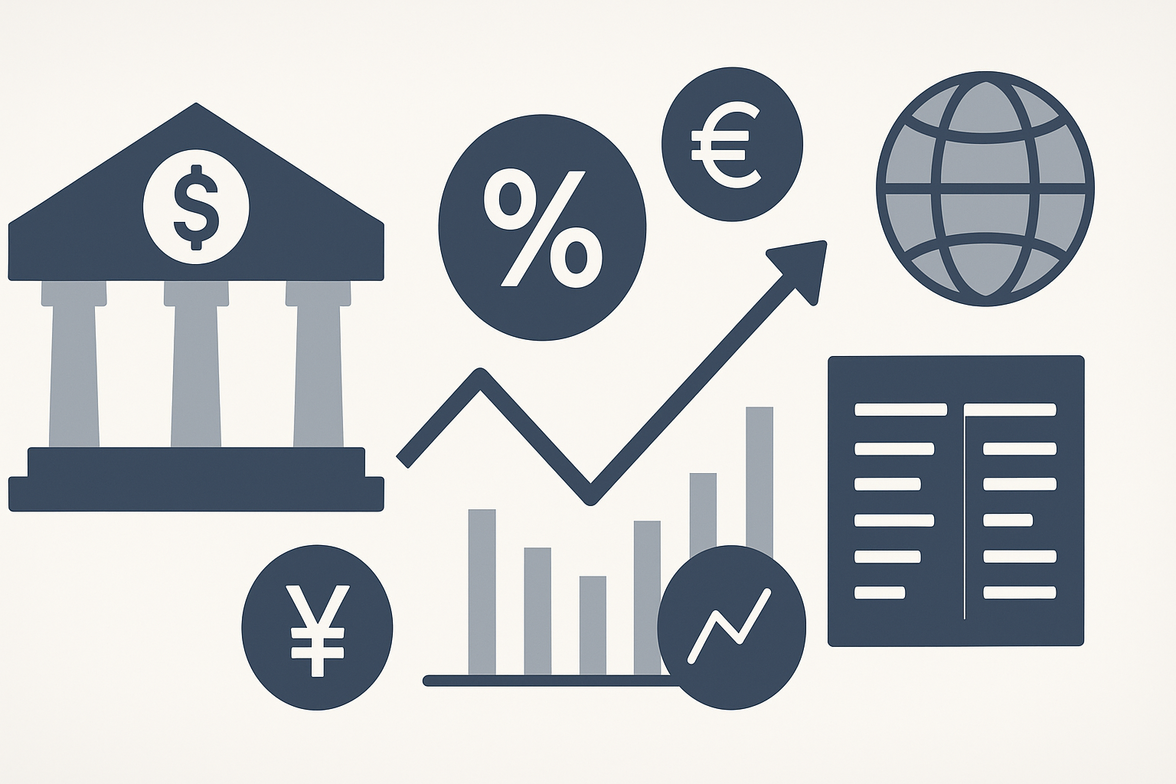
Introduction
Your credit score is one of the most important numbers in your financial life. It’s not just a number on a report; it’s a three-digit summary of your financial reliability. A good credit score can open doors to lower interest rates on mortgages, car loans, and credit cards. It can even influence your ability to rent an apartment or get a cell phone plan. Conversely, a poor credit score can make it difficult to borrow money and can cost you thousands of dollars in higher interest payments over your lifetime. For many, the concept of a credit score is a mystery, a complex system they feel they have no control over. But the truth is, building and maintaining excellent credit is a strategic process that anyone can master. This comprehensive guide will demystify the credit score system, explain the key factors that influence your score, and provide actionable steps you can take today to improve your credit health and take control of your financial future.
What Exactly is a Credit Score?
A credit score is a numerical rating, typically ranging from 300 to 850, that represents your creditworthiness. Lenders use it to predict how likely you are to pay back money you borrow. The most common credit scoring model is the FICO Score, but there are others, like VantageScore. These scores are calculated based on the information in your credit report, which is compiled by the three major credit bureaus: Equifax, Experian, and TransUnion. Your credit score is a snapshot of your past financial behavior. A higher score indicates that you are a responsible borrower, while a lower score suggests a higher risk of default.
The 5 Key Factors That Influence Your Credit Score
To improve your credit score, you need to understand exactly what goes into the calculation. FICO, the leading scoring model, uses a weighted system to determine your score.
1. Payment History (35%)
This is the most important factor in your credit score. It’s a record of whether you pay your bills on time. A history of timely payments shows lenders that you are a reliable borrower. A single late payment can have a significant negative impact, so paying your bills on or before their due date is the single most effective way to maintain a good credit score. This includes credit cards, loans, mortgages, and even minimum payments.
2. Credit Utilization (30%)
Your credit utilization ratio is the amount of credit you are currently using divided by your total available credit. For example, if you have a credit card with a $10,000 limit and a $2,000 balance, your utilization is 20%. Experts recommend keeping this ratio below 30%, and ideally below 10%, to show lenders that you are not over-relying on credit. A low utilization ratio is a sign of responsible money management.
3. Length of Credit History (15%)
The longer your credit history, the better. This factor considers how long your credit accounts have been open, including your oldest account. A long history of responsible borrowing demonstrates your ability to manage credit over time. This is why it’s often a bad idea to close your oldest credit cards, even if you don’t use them.
4. New Credit (10%)
This factor looks at how often you apply for new credit. Each time you apply for a new loan or credit card, a “hard inquiry” is placed on your credit report. A hard inquiry can temporarily lower your score. Opening many new accounts in a short period can signal to lenders that you may be a higher-risk borrower.
5. Credit Mix (10%)
This factor considers the different types of credit you have, such as revolving credit (credit cards) and installment credit (mortgages, car loans). A healthy mix shows that you can responsibly manage different kinds of debt.
Practical Steps to Build Excellent Credit
Now that you know the factors, you can create an actionable plan to improve your score. This is a core part of effective financial planning.
Step 1: Always Pay Your Bills on Time
This cannot be overstated. Set up automatic payments for all your bills, or create reminders on your calendar to ensure you never miss a payment. This is the foundation of a good credit score.
Step 2: Keep Your Credit Utilization Low
Pay down your credit card balances as much as possible. If you can, try to pay off your balance in full each month. If that’s not possible, aim to keep your balance below 30% of your credit limit. You can also increase your available credit by requesting a credit limit increase on an existing card.
Step 3: Don’t Close Old Accounts
Closing an old credit card can shorten your credit history and reduce your total available credit, which can hurt your score in two ways. It’s better to keep the account open and use it for a small, occasional purchase to keep it active.
Step 4: Be Strategic About New Credit
Only apply for new credit when you truly need it. Avoid applying for multiple credit cards or loans in a short period. If you are shopping for a mortgage or a car loan, multiple inquiries within a 14-45 day period are often counted as a single inquiry, so do your rate shopping within a focused time frame.
Step 5: Check Your Credit Report Regularly
You are entitled to a free credit report from each of the three bureaus once per year. You can access them at annualcreditreport.com. Check your reports for errors, such as accounts that are not yours or incorrect payment history. If you find an error, dispute it with the credit bureau immediately. Correcting even a small error can have a positive impact on your score.
The Long-Term Perspective: Maintaining Your Credit Health
Building an excellent credit score is a marathon, not a sprint. It takes time and consistent, responsible behavior. The habits you build today will pay dividends for decades to come. A good credit score makes your financial life easier and cheaper. It gives you a powerful tool to achieve your goals, whether it’s buying a home, starting a business, or simply having more financial flexibility. Think of your credit score as a reflection of your commitment to your financial planning goals. By taking these steps, you are not just improving a number; you are demonstrating your reliability and building a foundation for a secure and prosperous future.



